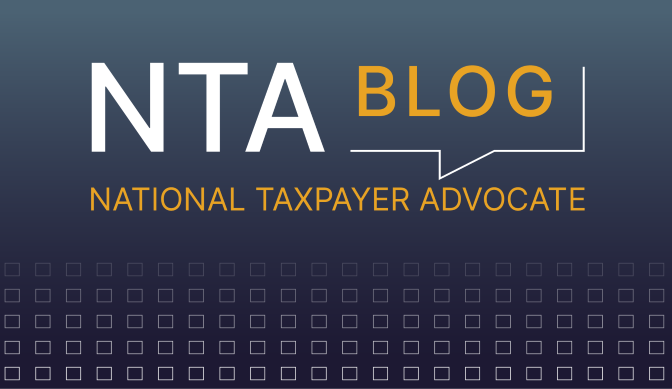The gig economy has revolutionized the way people work, offering a unique blend of flexibility, autonomy, and diverse income opportunities. Whether you’re driving for a ride-sharing service, freelancing as a graphic designer, or providing handyman services, you’re part of a dynamic and ever-evolving workforce. However, with the freedom of gig work comes the responsibility of understanding and managing your tax obligations. In this article, we will explore some essential tax issues and IRS forms that every gig worker should be familiar with.
Income is the cornerstone of determining your tax obligations. It encompasses all the money and valuable items you receive, including wages, self-employment income, online sales, rental income, investments, and more. It’s crucial to keep detailed records of your income and expenses to accurately report your earnings to the IRS. While some payments may be reported to you on IRS forms like the Form 1099 series, it’s your responsibility to track and report all income, even if you don’t receive a form.
Form 1099-NEC, Nonemployee Compensation, is a key document for gig workers who receive $600 or more from a client during the tax year. This form reports your income as an independent contractor to the IRS. If you pay another independent contractor $600 or more, you must also file a Form 1099-NEC. Form 1099-K, Payment Card and Third-Party Network Transactions, is another important form for gig workers who receive payments through platforms like ride-sharing or freelance marketplaces. The reporting threshold for Form 1099-K has changed, so it’s essential to stay informed about the requirements.
Form 1099-MISC captures miscellaneous income that doesn’t fit into specific categories, such as rent or royalties. While not as common for gig workers, it’s crucial to track and report this income accurately. Self-employment tax, which includes Social Security and Medicare taxes, is another consideration for gig workers. Unlike traditional employees, you are responsible for withholding and paying these taxes yourself. Quarterly estimated tax payments may be required, so it’s essential to plan and budget for these obligations throughout the year.
Athletes participating in name, image, and likeness (NIL) agreements also have tax obligations similar to gig workers. NIL income is taxable, and athletes must keep detailed records of their earnings and expenses. Understanding the tax implications of NIL income is crucial for athletes navigating this new revenue stream.
In conclusion, navigating the tax landscape as a gig worker can be complex, but with a solid understanding of the relevant forms and rules, you can fulfill your tax responsibilities confidently. Stay informed about IRS guidelines and resources for gig workers to ensure compliance and financial stability in the gig economy. Remember to track your income and expenses diligently and seek professional advice if needed to optimize your tax situation.















